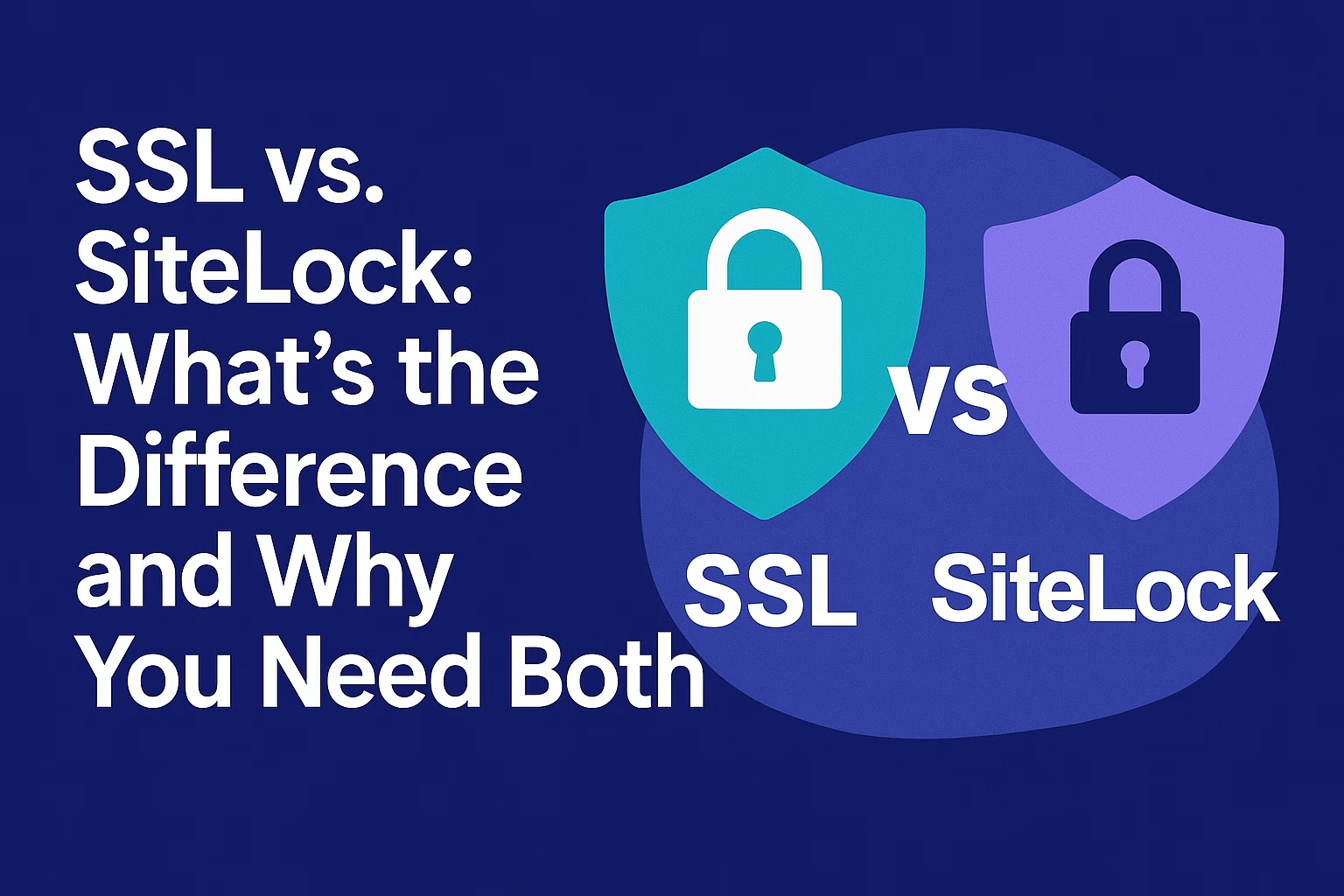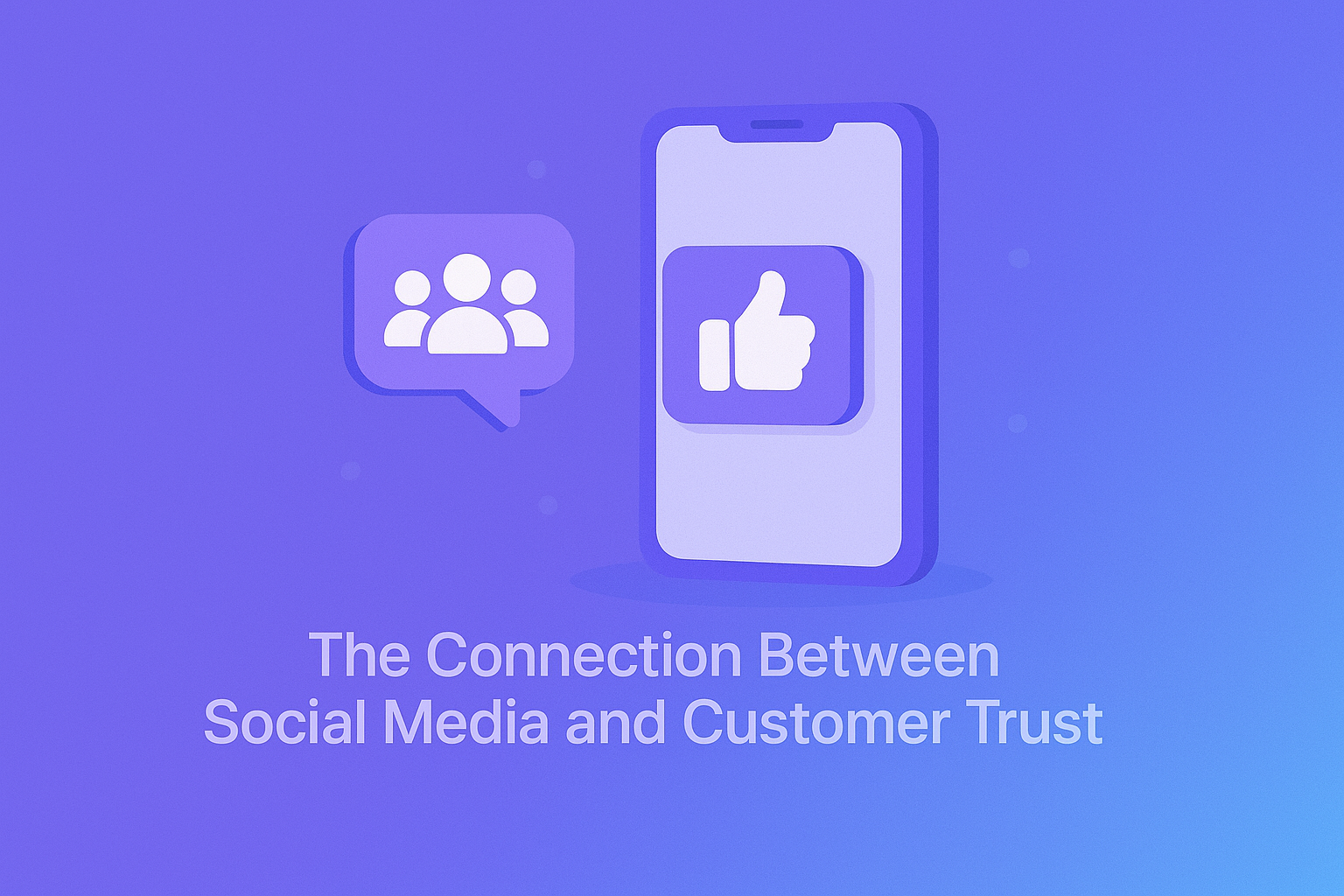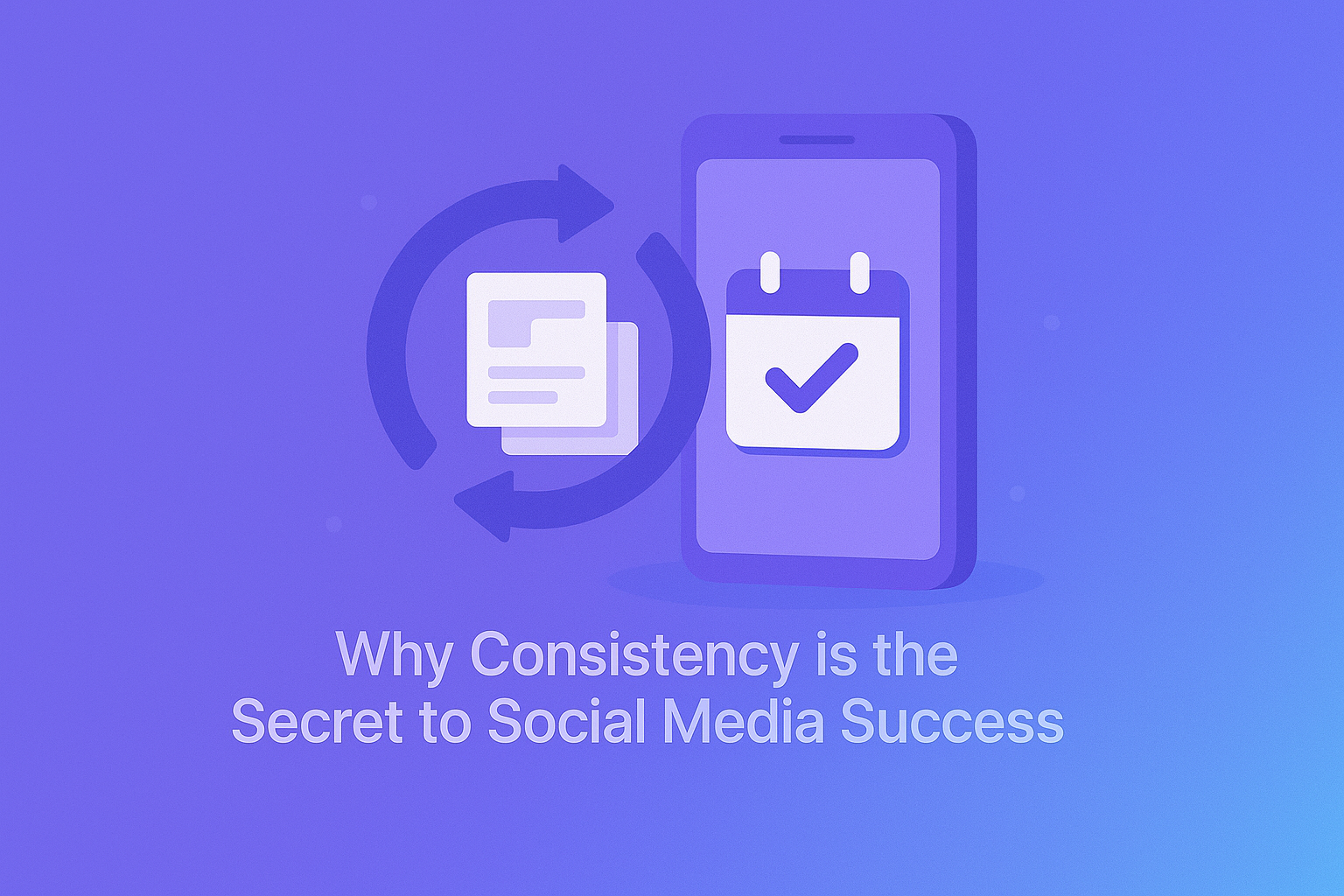Many website owners believe that once they install SSL (HTTPS), their site is fully secure.
Unfortunately, that’s a dangerous myth.
While SSL certificates are essential, they only protect data in transit—not your actual website files, content, or server.
For full website security, you also need malware protection—and that’s where SiteLock comes in.
Let’s break down the difference between SSL and SiteLock, and why both are critical for your online safety.
🧾 What Is an SSL Certificate?
SSL (Secure Sockets Layer) encrypts the connection between a visitor’s browser and your website’s server.
It ensures that:
-
Login credentials
-
Credit card details
-
Contact form data
…are secure during transmission and can’t be easily intercepted by third parties.
🔒 Your browser shows a padlock and https:// when SSL is active.
✅ Included Free with All PLiKhost Hosting Plans via Let’s Encrypt
🛡️ What Is SiteLock?
SiteLock is a cloud-based website security tool that:
-
Scans your site for malware and vulnerabilities
-
Removes malicious code (automatically with SMART)
-
Blocks hackers and bad bots using a firewall (WAF)
-
Monitors blacklists and SEO reputation
-
Provides real-time alerts and protection
✅ Available as an add-on with PLiKhost Hosting
⚖️ Key Differences: SSL vs SiteLock
| Feature | SSL Certificate | SiteLock Security |
|---|---|---|
| Encrypts visitor data | ✅ Yes | ❌ No |
| Protects login & checkout forms | ✅ Yes | ❌ No |
| Detects malware in website code | ❌ No | ✅ Yes |
| Removes infected files | ❌ No | ✅ Yes (SMART auto clean) |
| Blocks hackers & bots | ❌ No | ✅ Yes (via Web Application Firewall) |
| Monitors blacklists & SEO | ❌ No | ✅ Yes |
| Prevents brute-force attacks | ❌ No | ✅ Yes |
🧠 Why SSL Is Not Enough
SSL protects data during transmission, but not your actual website.
Without SiteLock, your site is still vulnerable to:
-
Malware infections
-
Spam redirects
-
Hackers injecting malicious code
-
Google blacklisting your domain
-
Backdoor access from outdated plugins
🔓 SSL is like locking your mailbox—but SiteLock is securing the whole house.
✅ Why You Need Both for Total Protection
To fully secure your site, you need a two-layer defense:
-
SSL
-
Builds visitor trust
-
Prevents data interception
-
Required for SEO and browser compatibility
-
-
SiteLock
-
Scans your files for malware
-
Removes threats automatically
-
Protects your site 24/7 behind a firewall
-
Together, they protect both the data and the site itself.
🚀 Securing Your Site with PLiKhost
PLiKhost makes it easy to stay protected:
-
🔐 Free SSL (Let’s Encrypt) on all hosting plans
-
🛡️ Optional SiteLock Malware Protection as an add-on
-
💬 Support team ready to help you activate and manage both
Whether you’re a beginner, freelancer, or business owner—this combo gives you peace of mind.
✅ Final Thoughts
SSL is no longer optional.
But if you stop there, you leave your website open to threats lurking in your files and plugins.
Protect your data and your website.
SSL + SiteLock is the smart way to stay secure in 2025.
🟢 Get Hosting with Free SSL and Add SiteLock Protection at PLiKhost






